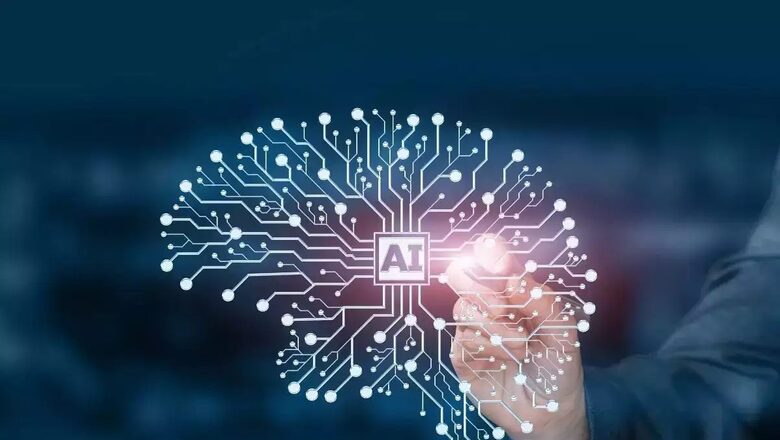
views
In his insights, Mr. Jaspreet Bindra, Managing Director & Founder of The Tech Whisperer, identifies India’s strategic advantages in the global AI environment and offers a thorough plan for utilising AI in the nation’s workforce development and educational system.
Genesis of Generative AI:-
The Generative AI Tidal Wave truly hit Indian shores in December 2022, when ChatGPT was launched. Since then, it has shown no signs of abating; there is a lot of excitement around this technology and how it can help people, industry and even the country.
India’s Unique Place
I believe that India is uniquely positioned to benefit hugely from this revolutionary new technology. It can do so in four ways:
- India has the largest IT software developer population in the world, and the demand for software, I believe, is infinite. Thus, our great software companies can create much more and better software.
- Our software services companies are plugged into almost every Fortune 500 company, and they all want to do something with generative AI. That is a huge opportunity.
- LMs like GPT4 and Bard have open APIs. This can create another huge entrepreneurial ecosystem on top of what India already has. Similarly, this can also help catalyse the creative economy, helping millions of creators create new YouTube videos, songs, art, etc.
- Finally, the vaunted Digital Public Infrastructure (DPI), driven by the India Stack, has massive amounts of data that can be used through generative AI to create great new products for India.
In fact, I believe that Gen AI should be built into the India Stack and offered as a Digital Public Good (DPG); I call that JanAI.
- Curriculum to Adopt GenAI:However, to ride this wave, we need to make sure that our people and students are skilled well in this new, world-changing technology. The future is not just in coding but in smart coding—leveraging AI for problem-solving and innovation. It is now said that English is the hottest new programming language, with natural language prompts augmenting or replacing Python, Java, etc. This is not true for English but also for other natural languages like Hindi, Tamil, Punjabi, etc. Thus, prompt engineering will be a skill that we will need to develop, and schools and colleges need to start thinking of how that comes into their curriculum and for companies in their training programmes. I recently did a class on prompt engineering at Ashoka University with an external expert; it is an art and science that needs to be taught.
- Old meets new:Traditional education in India has always been rigorous but somewhat one-dimensional, focusing on rote learning rather than critical thinking or creativity. However, the AI era demands a blend of skills, including data analytics, problem-solving and ethical reasoning. Implementing AI courses at the undergraduate level could be a game-changer. Imagine engineering students who not only know how to write code but can also design intelligent systems that think and learn. Cambridge, MIT and other international institutions have already incorporated such interdisciplinary courses, and it is high time India took a leaf out of their book.
- Development of Workforce Skills:Parallel to the educational overhaul, workforce development needs to evolve in tandem. Technical skills can be outsourced, but creative problem-solving is a human forte that AI is yet to master. The IT sector must transition from mundane service tasks to more innovative projects that demand a nuanced understanding of AI and its applications. India’s large, young workforce is its greatest asset, but without the right training, this demographic dividend could turn into a liability. Initiatives like Skill India and various private sector programmes aim to equip workers with relevant skill sets, yet more has to be done specifically focusing on AI competencies.
- PPP: The Way ForwardPublic-private partnerships can be the secret sauce here. The government can provide the framework, but it is the tech industry that understands the granular details of what skills are needed in an AI-driven world. Tech companies can offer specialised training programmes, while educational institutions can adapt curricula based on industry needs. Remember, this is not a one-off but an ongoing process. As AI technology evolves, so must the skilling initiatives.




















Comments
0 comment